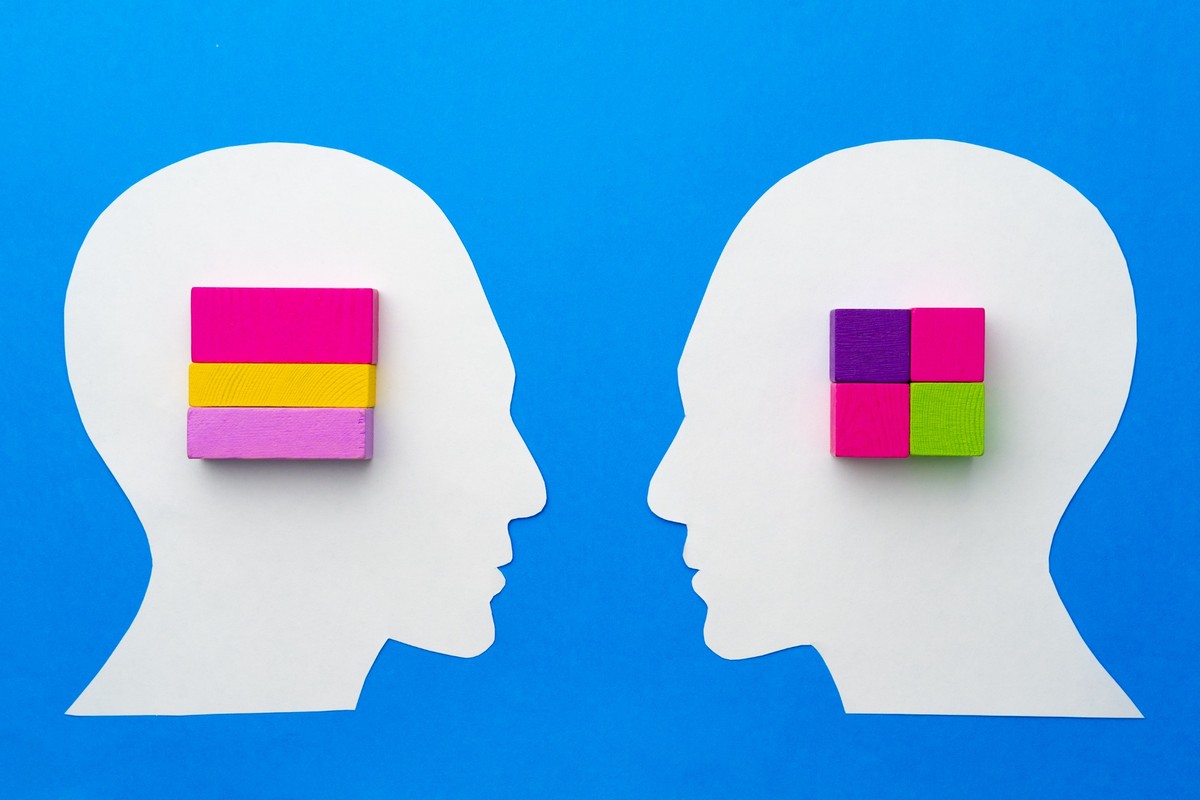.jpg)
Why Dialectical Behavior Therapy (DBT) Works for Both Substance Use and Mental Health Disorders
Finding the right treatment approach is key to lasting recovery. For individuals struggling with both substance use and mental health challenges, Dialectical Behavior Therapy (DBT) has proven to be an effective, evidence-based method. Originally developed for borderline personality disorder, DBT has since been adapted to help people facing a wide range of conditions, including addiction, depression, anxiety, and trauma.
What Is DBT?
DBT is a type of cognitive-behavioral therapy designed to teach practical skills while fostering acceptance and change. The approach focuses on four key areas:
- Mindfulness – Staying present and grounded in the moment.
- Distress tolerance – Learning to cope with difficult emotions without harmful behaviors.
- Emotion regulation – Managing intense feelings in healthier ways.
- Interpersonal effectiveness – Building stronger, healthier relationships through communication and boundaries.
These skills give individuals tools they can use in real-world situations, making DBT especially valuable for recovery.
Why DBT Works for Co-Occurring Disorders
Many people in treatment experience both substance use and mental health disorders at the same time. DBT addresses this overlap by targeting the underlying emotional struggles that often fuel both conditions. Some of the key benefits include:
- Improved emotional control – Reducing the urge to use substances as a way of coping.
- Practical coping strategies – Providing healthier alternatives to destructive behaviors.
- Reduced relapse risk – By building resilience and self-awareness, clients are better equipped to handle triggers.
- Stronger relationships – Learning communication and boundary-setting skills can repair strained connections with loved ones.
Because DBT is structured and skill-based, clients can continue using what they learn long after formal treatment ends.
DBT at Spark Wellness
At Spark Wellness, DBT is incorporated into both PHP and IOP programs to support individuals wherever they are in their recovery journey. DBT is offered through:
- Individual therapy sessions
- Group therapy workshops
- Skills training exercises
- Integration with other evidence-based therapies, such as CBT and ACT
This approach ensures clients receive a well-rounded treatment plan tailored to both substance use and mental health needs.
The Power of Balance: Acceptance and Change
DBT stands out because it emphasizes two equally important principles: acceptance and change. Clients learn to accept themselves as they are while also working toward positive change. This balance is often exactly what’s needed to break the cycle of addiction and mental health struggles.
Lasting Recovery Through DBT
DBT equips individuals with the tools to manage life’s challenges, regulate emotions, and build stronger support systems—all of which are essential for recovery. For those seeking treatment that addresses both substance use and mental health disorders, DBT provides a practical, effective, and empowering path forward.
Recovery articles for you

Anxiety vs Depression: How to Tell the Difference and Why It Matters for Treatment

When Weekly Therapy Isn’t Enough: Signs You May Need a Higher Level of Mental Health Care



